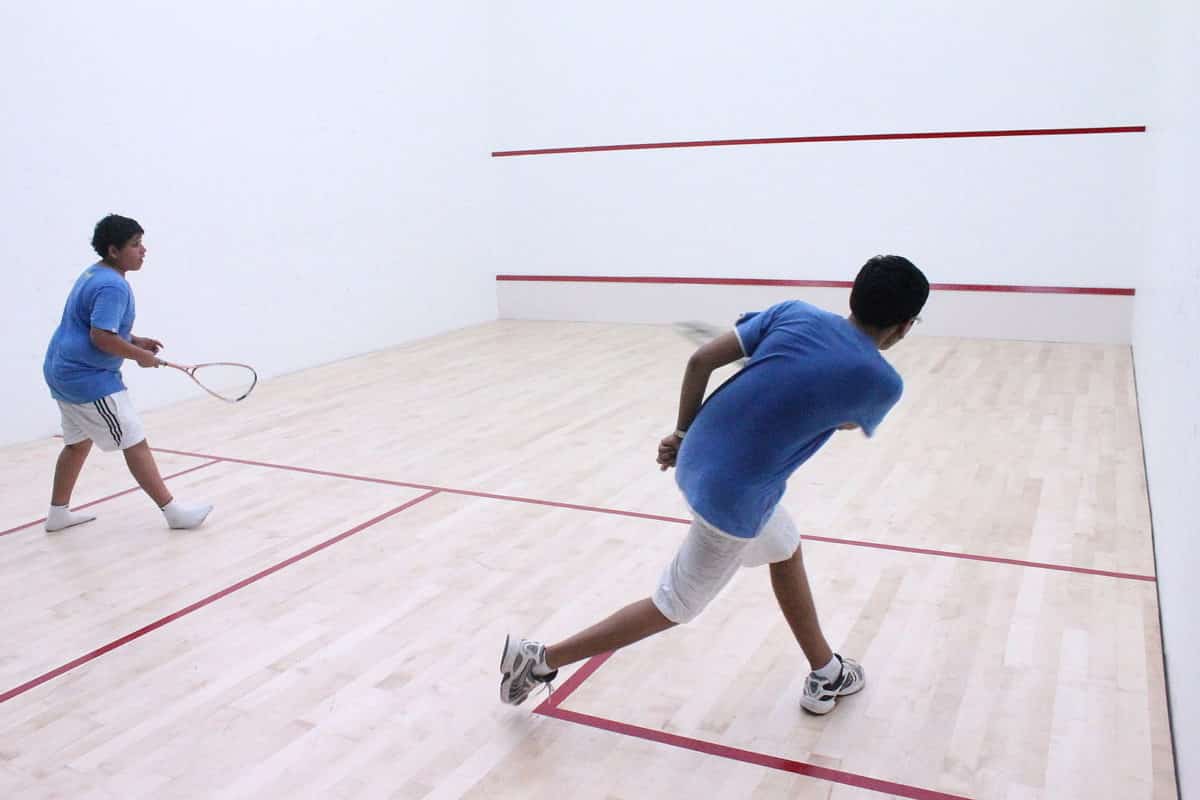What’s the Difference Between Beer Pong and Beirut?
Whether you’re a current frat bro, aspiring frat bro, recovering frat bro, romantically involved with a frat bro, the parent of a frat bro, or friends with or enemies of or otherwise acquainted with a frat bro, you probably have some familiarity with a few beer-soaked drinking games. Chances are, one of those drinking games includes cups of beer, ping pong balls, and drunk people trying to get said ping pong balls into said cups of beer. But is that game beer pong, or Beirut? Were the frat stars who poured beer on themselves and pounded their chests and declared themselves the champions of it actually using the correct term?
Like many things that involve heavy amounts of alcohol, the answer is fuzzy. The first games of beer pong were played up at Dartmouth in the early 1950s, when people were playing ping pong and left their cups of beer on the table; someone decided it would be a good idea to aim the ball at the cups, and a drinking game was born. The game evolved into a competition in which opponents use ping pong paddles with the handles snapped off—no handles equals more accuracy—and aim at cups arranged in varying formations, such as Shrub, Tree, Ship, or Line. Hit the side of a cup with the ball, and your opponent drinks half the cup; sink the ball successfully, and your opponent drinks the whole thing.
Beirut—a game with a similar outcome (drunkenness) but different rules—came about in the 1980s, at either Bucknell or Lehigh. (There are disputes as to where it was played first.) In Beirut, ten cups are arranged in a pyramid shape on both sides of a table; the competitors then stand at either side and take turns throwing the ping pong ball across the table, rather than paddling it. If a ball is sunk into a cup, one of the opponents has to chug it.
But what’s the deal with the name? The game was popularized during a time when Beirut, Lebanon was in the news: in 1983, suicide bombers killed 241 U.S. Marines stationed in barracks at the Beirut airport. Supposedly, people at Lehigh felt that the U.S. should’ve bombed Beirut in retribution for the attacks, and thought the ping pong balls dropping to the other side of the table resembled bombs being dropped on the Lebanese capital. They started calling the game “Beirut,” and it caught on.
But as the game started to spread around the United States, to areas unfamiliar with the original Dartmouth version, people started to drop the name “Beirut”—and called it “beer pong” instead. (You gotta say, the name intuitively makes sense, even without the use of paddles.) So now… wait for it… both are called beer pong. Some may still use the name Beirut—and if they do, you know which game it is—but if you hear the term “beer pong,” it could mean one of two things.
A messy history, an unsatisfying conclusion: sounds about right for a drinking game. Cheers!
If you liked this, subscribe to the What’s the Difference newsletter here!


